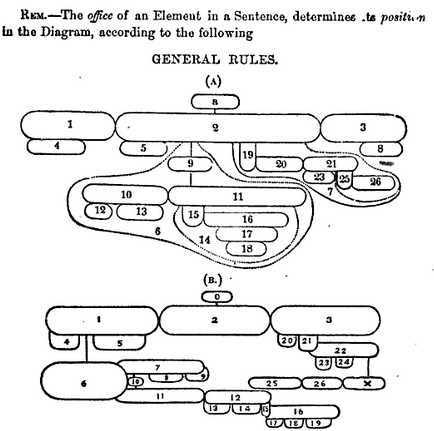Sky High Horse Fat
Years ago Bob Ramsey was highly amused by a tee shirt (of course!) in Korea with the slogan "SKY HIGH HORSE FAT". Some time later he learned that that enigmatic slogan was nothing more than a direct translation of the much-loved (and to Koreans romantic) idiom referring to the bountiful harvest season, tiān gāo mǎ féi 天高馬肥. Google Translate lamely renders that as "The days of horse manure", Baidu Fanyi gives the more terse "The horse manure", and Babel Fish hopelessly offers "Day Gao Mafei". But what does tiān gāo mǎ féi 天高馬肥 (literally, "sky high horse fat") really mean?
Read the rest of this entry »


